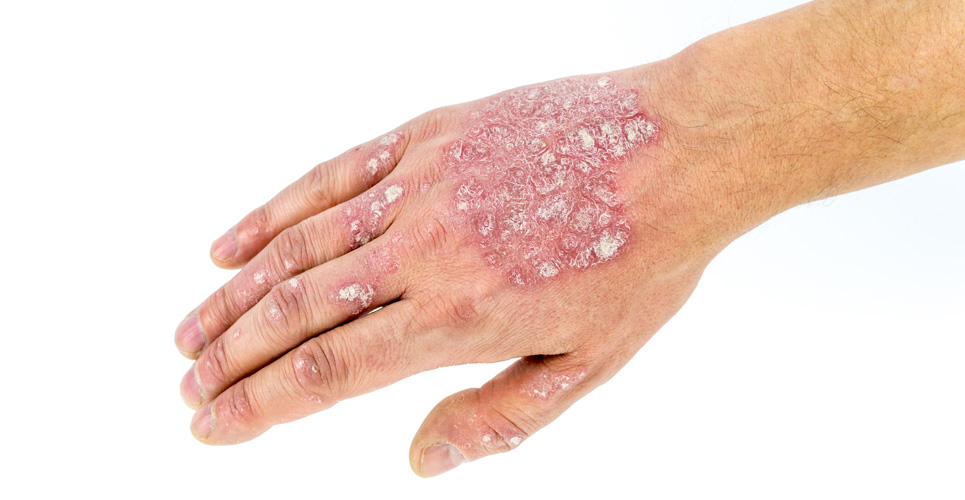The National Institute for Health and Care Excellence (NICE) has issued draft guidance that does not recommend Dupixent® (dupilumab), within its marketing authorisation, for the treatment of moderate-to-severe atopic dermatitis in adults when systemic therapy is suitable.
The National Institute for Health and Care Excellence (NICE) has issued draft guidance that does not recommend Dupixent® (dupilumab), within its marketing authorisation, for the treatment of moderate-to-severe atopic dermatitis in adults when systemic therapy is suitable.
The draft guidance noted that the clinical evidence shows dupilumab is effective at treating moderate-to-severe atopic dermatitis following failure (or contraindication) of topical therapies and systemic immunosuppressant agents. However, NICE felt there was uncertainty about cost-effectiveness estimates for dupilumab, which were higher than those NICE normally considers an acceptable use of NHS resources.
This appraisal consultation document (ACD) is not NICE’s final decision on dupilumab. The ACD contains the Appraisal Committee’s preliminary recommendation, which may change after comments received during the consultation period, ending 24 April, 2018.
Dupixent is being jointly developed by Regeneron and Sanofi under a global collaboration agreement.
This draft NICE recommendation will not affect those people who have been receiving treatment with dupilumab that was started in the NHS before this guidance was published.
Jessamy Baird, director of Patient Access UK & Ireland at Sanofi said: “Whilst this is disappointing news, it is only the first step in the NICE appraisal process and we are currently reviewing NICE’s recommendations and the details that led to this initial assessment.”
She added that dupilumab is “an innovative medicine that represents a step change in the management of atopic dermatitis, which the Appraisal Committee itself acknowledged”.
“We appreciate there will be complexities when assessing the cost-effectiveness of such a new treatment approach and will be submitting a formal response to the draft NICE guidance in the next few weeks,”she said.
In December 2015, a Promising Innovative Medicine (PIM) status was granted to dupilumab by the Medicines and Healthcare Products Regulatory Agency (MHRA), and an Early Access to Medicines (EAMS) positive Scientific Opinion for its use in severe atopic dermatitis was received in March 2017.
Peter Kuiper, general Manager UK & Ireland at Sanofi Genzyme, said the organisation was “fully committed to achieving a positive final outcome to ensure that dupilumab can be made available on the NHS for appropriate atopic dermatitis patients in England”.
“We encourage the atopic dermatitis and eczema community to review and comment on the guidance so that the real-life impact of atopic dermatitis and treatment with dupilumab can be fully understood and assessed,”he said.
Dupilumab is a human monoclonal antibody designed to specifically inhibit overactive signalling of two key proteins, IL-4 and IL-13, which are believed to be major drivers of the persistent underlying inflammation in atopic dermatitis, and certain other allergic or atopic diseases.
It was granted a marketing authorisation in the European Union on 28 September 2017.
Full summary of product characteristics for dupilumab can be accessed at: https://www.medicines.org.uk/emc/product/8553/smpc

